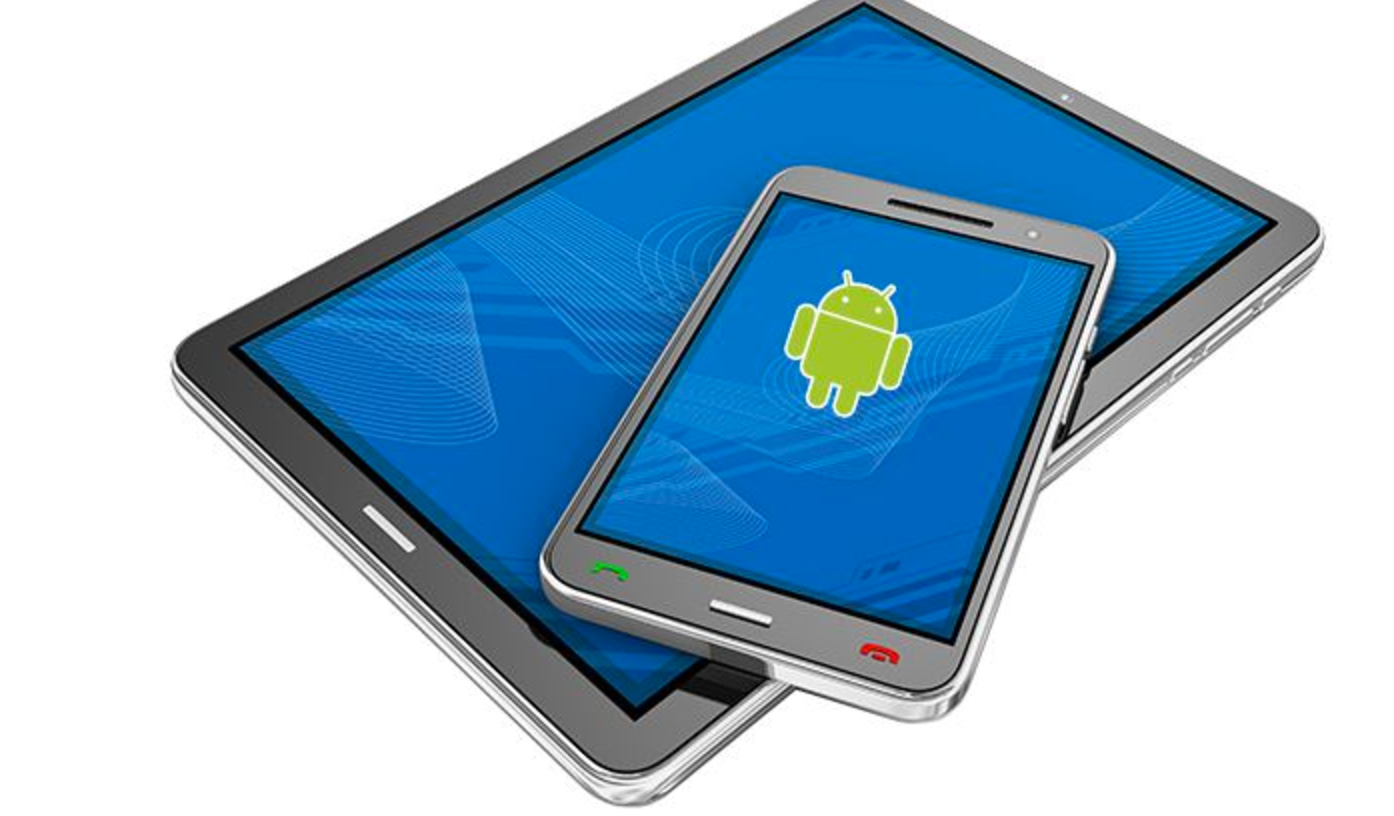The Dyne.org foundation has announced the general availability of the first point release of the Devuan GNU/Linux 2.x “ASCII” operating system series. Coming one and a half year after the release of the Devuan GNU/Linux 2.0 “ASCII” operating system series, Devuan GNU/Linux 2.1 is here as the first major point release to add the latest software and security updates, as well as various improvements around the installer and the installation mediums.
Still based on the Debian GNU/Linux 9 “Stretch” operating system series, Devuan GNU/Linux 2.1 comes with an improved installer that makes the option to choose the OpenRC init system more prominent so you can’t miss it and no longer requires an Expert install.
[Source: Softpedia]


